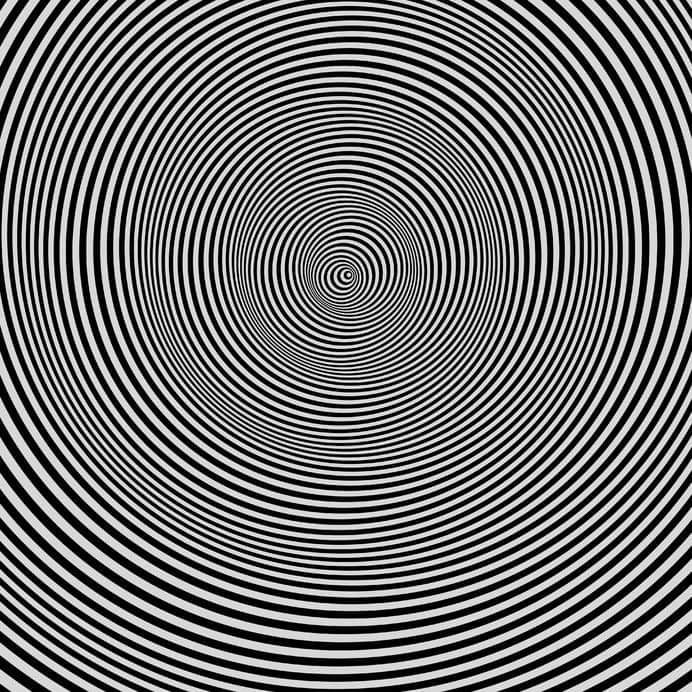Physical Therapist, Dr. Klaus Dobra, DPT explains the huge role your vestibular system plays with having a sense of balance, and how people can develop vertigo. There are a number of exercises and therapies that can help with regaining balance, many of which are offered at Physio Logic.
Have you ever sat or stood up from lying down and felt the room spinning around you like a carousel, but significantly less fun?
As it turns out, a lot of people do.
These symptoms are indicative of an underlying pathology of the vestibular system. The vestibular system is a component of our inner ear that tells us what is up and what is down so we don’t feel like an astronaut lost in space. It gives us our sense of balance and its disruption contributes the opposite: imbalance and incoordination.
Vertigo can be caused by both peripheral and central vestibular deficits. About three-fourths of vestibular disorders are peripheral (inner ear and vestibular nerve). The most common peripheral vestibular disorder is benign paroxysmal positional vertigo (BPPV), followed by uncompensated Ménière disease, vestibular neuritis, labrynthitis, perilymphatic fistula, and acoustic neuroma.
Central vestibular deficits cause about one-fourth of dizziness. The most common central causes of dizziness and vertigo are cerebrovascular disorders, cerebellar disease, migraine, multiple sclerosis, tumors of the posterior fossa, neurodegenerative disorders, medications, and psychiatric disorders.
As we age (with grace, of course) the vestibular system becomes compromised, just as every other system in our body does. This diminished capacity to sense where one is in space, the impairment in balance and resulting confidence in being an upright human being, has significant secondary consequences.
Physio Logic is on a never-ending mission to educate the public that the human body is composed of many different systems that only function well when they work together. That is, when one part of our physiology is compromised, another sacrifices its integrity as well. This concept has tremendous implications here. Let me also preface with with the concept of ‘disuse atrophy, or more colloquially, ‘if you don’t use it, you lose it.’
Let’s say that an individual suffers from the most common vestibular condition, benign paroxysmal positional vertigo (BPPV), and gets dizzy every time they stand up. They typically describe their symptoms as the ‘room won’t stop spinning.’
When something is uncomfortable, typically people stop doing it. So, the individual becomes less motivated to get up, to go on their usual walk or run, to play tennis or squash. There becomes less incentive to be active because being upright is excruciatingly uncomfortable, so the person becomes sedentary in order to avoid inducing that feeling altogether.
For someone older, being active is essential in maintaining function. When the muscles of the heart are not challenged with cardio, the heart becomes weak and the body deconditioned. When the muscles of the body are not challenged, even for the sake of basic daily function, they become weaker as they atrophy as a result of this disuse. Suddenly, that individual, once only limited by their inner ear, is more limited by cardiovascular and musculoskeletal weakness.
With regards to physiology, there is no such thing as an isolated incident. At Physio Logic, we are dedicated to addressing the primary condition with even more careful attention to the secondary consequences that can be affected.
In order to assure that we continue to uphold that ideal, Physio Logic will now be offering vestibular rehabilitation for the dizzy patient. I have received my certification from the American Institute of Balance and look forward to applying those skills to serve Brooklyn so that ‘dizzy’ does not have to turn into ‘dysfunction.’
